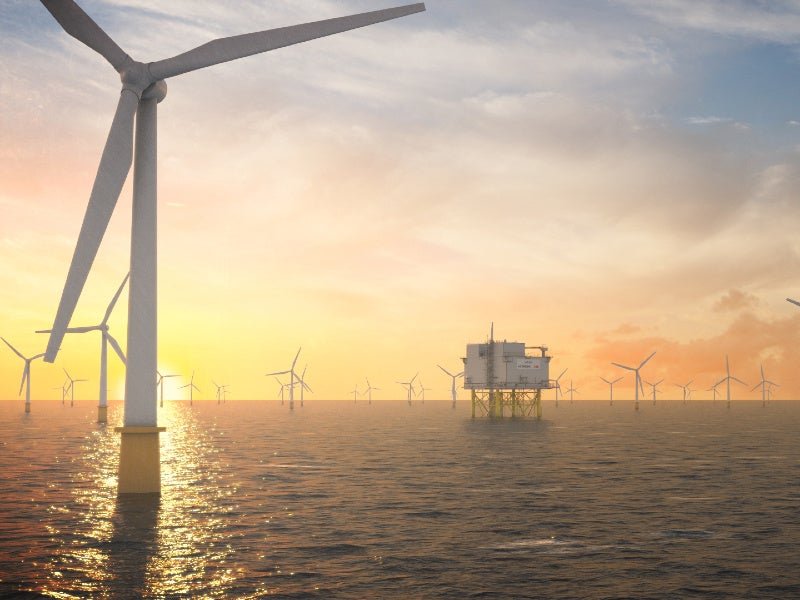The European Commission has launched an industrial alliance for the construction of small modular reactors (SMRs), aiming to facilitate the commercial launch of SMRs in Europe by the early 2030s. The announcement is part of the Commission’s assessment for a 2040 climate target for the EU.
In November, the European Commission announced it would establish the industrial alliance early in 2024. The alliance is designed to strengthen cooperation on construction between interested partners.
According to World Nuclear News, the Commission said: “The commission is also launching an Industrial Alliance to facilitate stakeholder's cooperation at EU level and to accelerate the deployment of SMRs and ensure a strong EU supply chain, including a skilled workforce. This will leverage EU's manufacturing and innovation capacities to accelerate the deployment of first SMR projects in the EU by early 2030 under the highest standards of nuclear safety, environmental sustainability and industrial competitiveness.”
SMRs are advanced nuclear fission reactors with a power generation capacity of up to 300MW per unit – around a third of the capacity of traditional reactors. Their perceived benefits derive from the small and modular nature of their design. Their diminutive size means they can be sited at locations unsuited to larger nuclear power plants.
Yves Desbazeille, director of Nucleareurope, said: “The deployment of SMRs will bring significant benefits to Europe, including greater energy sovereignty, lower CO₂ emissions, new jobs and economic growth.”
However, there are no SMRs in commercial operation in the West and the abandonment of the most advanced project in Utah by NuScale in November has raised questions over the supposed cost advantages of the technology. Mycle Schneider, nuclear analyst and author of the World Nuclear Industry annual reports, commented on the efficacy of SMR alliances to Power Technology, stating: “Do these countless bilateral agreements make a difference? Well, I don’t know. But, to judge on past experience, most of the framework agreements of this sort have absolutely no effect.”















